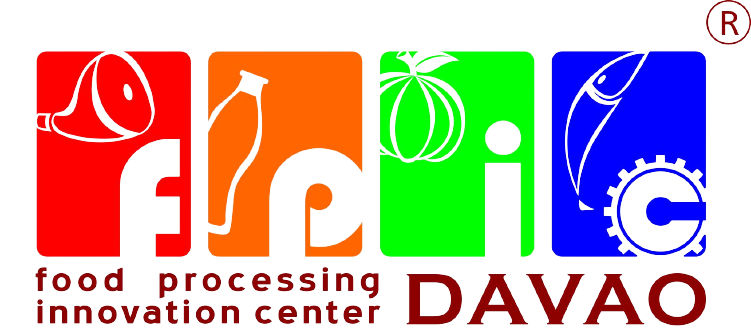“Transforming Concepts Into Products, Making Local Innovations Work”
History
The Food Processing Innovation Center (FPIC) – Davao is the first Regional Food Innovation Center (FIC) established through the High Impact Technology Solutions (HITS) program of the Department of Science and Technology (DOST). Its creation harnesses the synergy of the Government, Academe, and Industry in the Research and Development (R&D) of innovative food products and processes. FPIC- Davao serves as a hub of innovations and support services for the value-adding of fresh produce and development of processed foods in Davao Region.
This Innovation Center is a collaborative undertaking of the Philippine Women’s College (PWC) of Davao, Department of Trade and Industry (DTI) XI, Food Processors Association of Davao (FPAD), Inc., Department of Science and Technology (DOST) XI, the Local Government Unit (LGU) of Davao City, and the HELP Davao Network, Inc.
The logo shows the different involvement of the partner agencies: PWC for its technical know-how via its food technology program; DTI for product promotion and marketing; FPAD for its networks among the MSMEs and its actual experience in food processing; DOST – as represented by the gear, a symbol for technology or engineering; and the LGU for local regulation and promotion. The color code also represents the food categories: red for meat, orange for beverages, green for fruits and vegetables, blue for marine.










